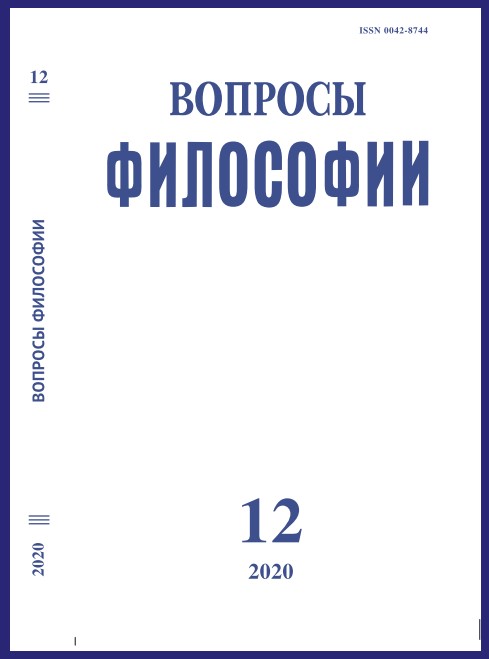No Luck, no Success, but Pure Knowledge: on the Ideals of Virtue Epistemology
DOI:
https://doi.org/10.21146/0042-8744-2020-12-143-147Keywords:
virtue epistemology, testimonial knowledge, scientific successAbstract
The author relies on the ideas expressed by I.T. Kasavin in his work Paradigm as an Ethics of Humility, in particular – on the proposed concept of the “paradigm of humility”. This article suggests that Scientific activity is based on the ideals of rationality. Herewith, the main measure of accomplishments is success. A number of scientists acknowledge contingency of the process, where‘lucky coincidences’ factor in significantly. This leads to a number of questions about stability of scientific processes as well as their results. Moreover, it questions the role of a scientist as cognitive agent. The author emphasizes that virtue epistemology is one of multiple scientific areas, which makes an attempt to cover these issues. The field of research combines epistemology and ethics in the effort of generating new solutions to the given problems. Operating with ethical categories along with improving normative basis of epistemology are the main two driving forces of the process. Based on the issues highlighted above, the article presents an attempt of in-depth examination of the views on scientific and testimonial knowledge (seeing the latter as a case of the former) and success given by such researchers as J. Greco, L. Zagzebski, N. Sherman.

